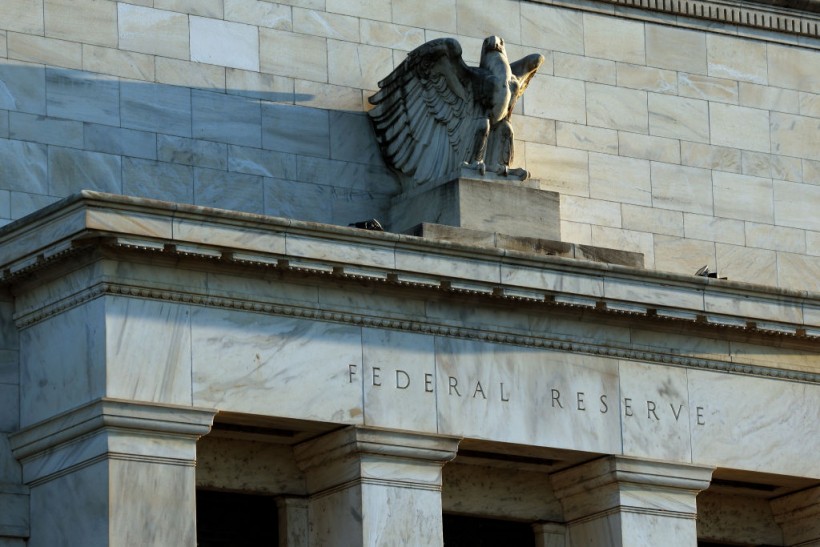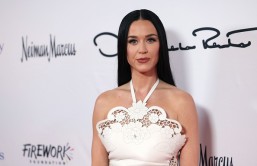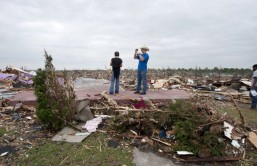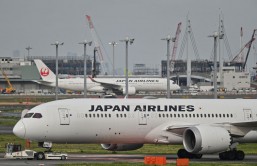
Job creation in May surprised Federal Reserve members, who are considering raising interest rates.
The surprise resilience of the US employment sector in May, as measured by job creation, comes as policymakers at the Federal Reserve mull over whether to keep interest rates where they are or raise them again.
US Economy Created More Non-Farm Jobs Than Expected
According to data released by the Bureau of Labor Statistics on Friday, June 2, the US economy generated 339,000 new non-farm employment last month. This is far more than the average estimate of 195,000. There was a boost in numbers for the prior two months as well.
However, the unemployment rate jumped from 3.4% to 3.7%, which was a little more than projected. This coincides with the wage growth that slowed to 0.3% month-over-month.
The constrained state of the labor market is reflected in the fact that wage growth has slowed somewhat but still stands at 4.3% annually.
See Also: Elon Musk Net Worth Soars: Tesla, Twitter CEO is World's Richest Once Again
The Role of Wage and Employment Increases on Price Inflation
As noted by the Financial Times, employment and salary growth are important factors in inflation, especially in the service industry. Economists and government officials have been looking for indications that these factors are slowing down as a sign that price pressures are also likely to slow.
In order for the Federal Reserve to achieve its inflation objective of 2%, economists typically expect wage growth to slow to about 3.5%.
After 10 straight rate hikes, the central bank is widely anticipated to stop the cycle at its next meeting in mid-June. Yet, the surprisingly strong data might put that assumption to the test.
This week, a number of high-ranking officials from central banks expressed interest in pausing their adjustment for a month so they could better evaluate the results of their policies so far.
In a report by Reuters, President Joe Biden's pick for Fed vice chair, Philip Jefferson, said that "skipping a rate hike at a coming meeting would allow the committee to see more data before making decisions about the extent of additional policy firming." Still, he also said that a pause would not prevent the central bank from resuming increases in July.
Patrick Harker, president of the Philadelphia Fed, has similarly proposed delaying a rate hike for one meeting.
Data released on Friday adds to a growing body of evidence highlighting how difficult it will be to get inflation back to its target level, which has been pushed back in recent months by surging job opportunities and persistently high core inflation. There is "no compelling reason to pause," Cleveland Fed president Loretta Mester told the Financial Times earlier this week.
Futures markets put a 25% chance that rates will go up this month, compared to a high of 70% earlier in the week. In spite of this, investors continue to place a high probability of the Fed raising rates at its next July meeting.
See Also: South Korean Women Find 69-Hour Work Week Disadvantageous








